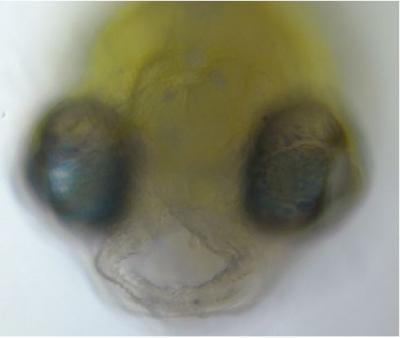What actually took place….
…when we went virtual (shifting gears to thinking about identity and gender in cyberspace), we started with a little history: the original “multi-user domains,” studied by Sherry Turkle, were totally text-based. Those studied by Nowak and Rauh were visual representations. Turkle’s methodology was qualitative; that of Nowak and Rauh was quantitative.
We split into small groups to discuss the series of questions about these two texts that Laura had to offer. (Those discussions are archived in the posts following this one: by Alexandra, by Hannah, by Cat, by Melanie, by Michelle, by Kalyn, by Rebecca, and by Ashley ). We returned to the large group with the questions we would like to continue to talk about on Wednesday:
1. What might happen when we are able to manipulate reality like we can the internet? If the latter is where we engage in fantasy, what would happen if we could change the “real world” in the same way, to make it what we want? Would we be able to make judgments? Would it exacerbate problems, because of differential access? This has overtones of eugenics…creating a more unequal society. The example of a dominatrix who asked which is your “real” life, which is your “fantasy” life, when you come to visit her? Is there a real boundary between how we see ourselves in the world, and how we project ourselves? What is that boundary? (Think of cosmetic surgery: re-creating yourself in an ideal image.)
2. How do we deal with self-censorship on sites such as Facebook or Second Life? How do we decide what to put out there, what to keep private (particularly in the context in which others perceive what you present as an accurate representation)? What “parts” of the self are we chosing to–or being nudged to–represent?
3. What is the danger of having an avatar that is a close representation of yourself, vs. an alter ego? What would be the reasons to choose one rather than the other? Might you be able to be freer (to be “yourself”) if you are acting? Being someone different might open up a whole new range of possibilities. You might physically represent yourself in one way, but the way you behave –and how you respond emotionally–might be very different. How might you respond, for instance, to being “naked,” or “being in charge of things” in a virtual world? How far do we distance ourselves from our characters? What’s the difference between assuming a character and completely embodying them?
4. Let’s think about on-line relationships, and in particular our discomfort when they cross over into meat space. Where is the boundary? When does on-line sex become real infidelity? When do internet invitations have real-world results? Does the internet enable the crossing of lines that we are always seeking to blur?
5. Why are some of us less comfortable with creating alternative identities on-line?
6. To what degree can the norms of virtual reality affect the social norms in the real world? To what degree can virtual experiences change your self-perception?

Comments are closed.